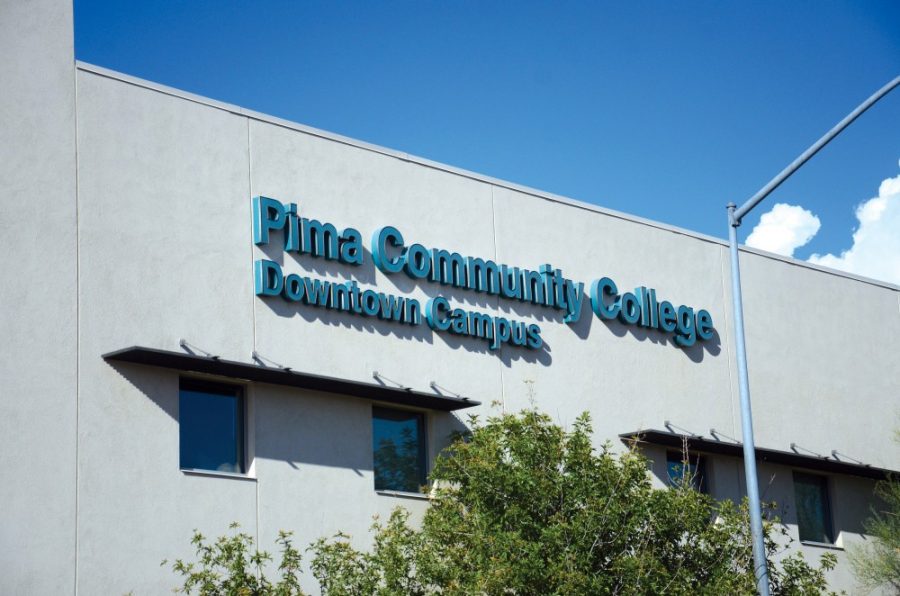Arizona has the highest rate of confirmed flu cases in the country this flu season. There have been at least 3,700 reported cases, and this is only those who have sought out healthcare. If we were able to count those who stayed at home, the total would be much higher.
The flu has reached “widespread” status in Arizona, and it is not showing signs of slowing down soon. Many people believe that getting a flu shot this far into the year is useless. After all, those who have gotten the flu shot are still getting sick, right? While getting the flu shot does not protect you 100 percent, it can prevent several strains and reduce the severity of the flu.
It’s not too late to get a flu shot. The flu season starts around January and persists until March or April and sometimes even May. Since the flu shot takes about two weeks to help the body develop immunity, it is important to get it as soon as possible. Even getting it now is helpful since flu season is far from over.
People do not seem to understand the severity of the flu. It’s more than just a runny nose and a fever. The word “flu” is often used to describe a variety of conditions in everyday conversation; we often talk about the stomach flu, which is not even a real type of flu. We refer to friends and coworkers with bad colds as having the flu; but this frivolous use of the word needs to stop.
The flu is not a bad cold. It is a disease caused by the influenza virus. It can be debilitating and even life-threatening. According to the Centers for Disease Control, the number of influenza-associated deaths per year in the U.S. can be anywhere from 3,000 to 49,000.
College students tend to have an invincibility complex. We believe that because we are young, our bodies can handle anything we throw at them. We see this when it comes to partying, staying up all night, unsafe sex and eating nothing but junk food — and also in the realm of preventative health.
Younger adults have historically been the demographic most likely skip getting flu shots. While this is never a good idea, the flu usually does affect young children and older adults more severely. This year, however, the tables have turned. There has been an anomaly in Arizona in which only 13 percent of the reported flu cases have occurred in adults older than 65, while 59 of the cases are from people five to 49 years old.
The main strain circulating now is influenza A, H1N1, and is targeting otherwise healthy older children and younger adults. College students are at risk more than ever since this strain is not as discriminating as others.
Getting a flu shot annually is essential since the strains the shot protects against are different every year. This year, the shot has a 59 percent success rate in preventing the flu, as opposed to 23 percent from last year. Even if those who get the flu shot still get the flu, they are able to recover faster than those who didn’t.
The medical director of infection prevention at Banner — Health University Medical Center Tucson, Dr. Sean P. Elliott, said, “What we are seeing, and I think what the entire area is seeing, are patients who did get the vaccine and still got sick with the flu, but it’s a much more mild version that it would have been otherwise. It might not feel that way to them.”
It is not too late to get a flu shot. Even though college students tend to think we’re invincible, we aren’t and this strain of the influenza virus reminds us of that fact.
Follow Apoorva Bhaskara on Twitter.









